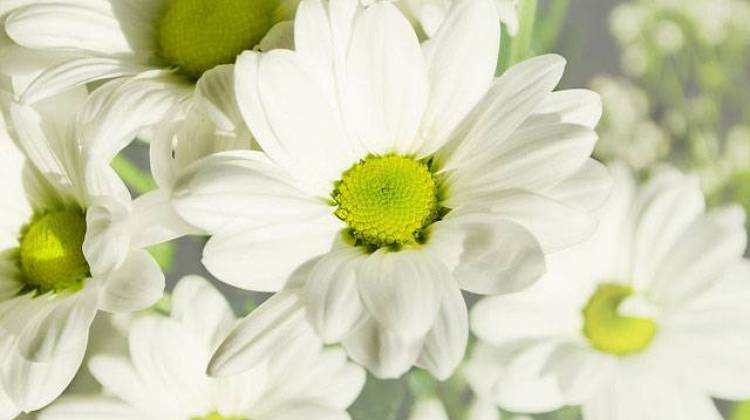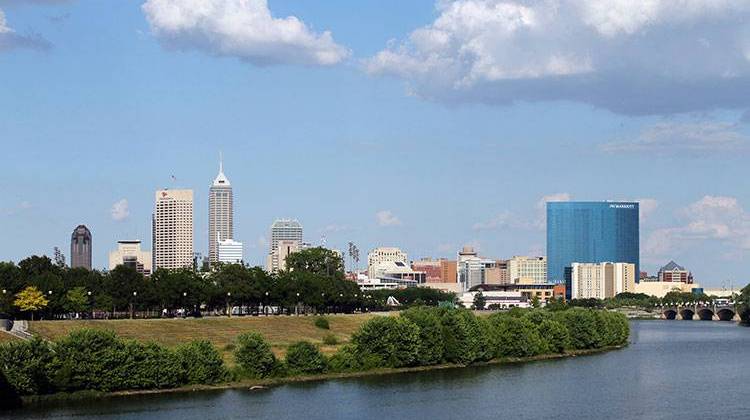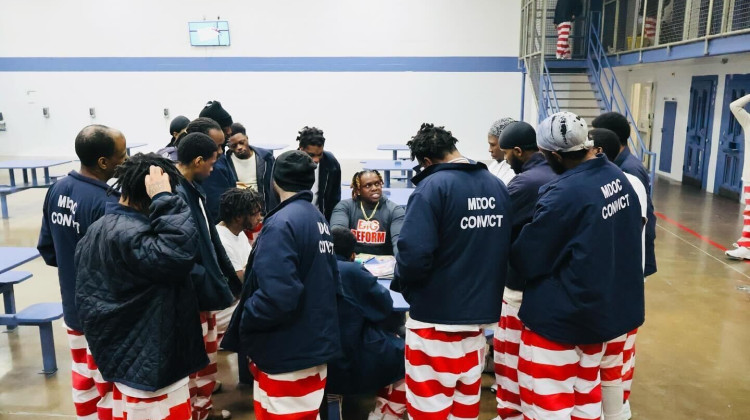Most people have heard of “slow food,” a movement that emphasizes local, sustainable cuisine. But what about “slow flowers?”
The National Retail Federation estimates this year, 38 percent of people celebrating Valentine’s Day will buy flowers for their sweetie. The majority of those blooms will be imported from countries such as Columbia and Ecuador.
But according to Debra Prinzing, a garden expert and author of the book “Slow Flowers,” interest in locally-sourced flowers is growing. She says there’s been a small but notable increase — about 20 percent — in the number of domestic cut-flower farms since 2007.
“Now people are realizing that cut flowers are a big part of agriculture,” she says, "and a big opportunity for new and emerging flower farmers.”
So why is there such an emphasis on local food, but not flowers? Prizing says for one, flowers are considered an indulgence.
"Flowers didn't really get brought into that conversation, because for many they're considered a luxury," she says. “There’s an invisibility to flowers, there’s really no connection to where they were grown, how they were grown and what it took to get them to you."
Another reason for that invisibility comes from the way flowers are labeled.
"At the supermarket you see a sticker on every fruit or vegetable that tells you where it was produced," she says. "Consumers have a consciousness about the sourcing of the food they eat when they're at the supermarket...That type of labeling hasn't been forced on flowers."
Linda Chapman, who owns the Harvest Moon Flower Farm near Spencer, credits the proliferation of farmer’s markets, along with the trend of rustic, country-themed weddings as reasons for buyers shying away from manicured, grocery store bouquets.
"They lack soul, they lack feeling, and they’re stiff and they’re ramrod and they’re pretty," she says of the grocery store flowers. "But they also don’t have this healthy, alive essence.”
Fans of the slow flower movement say home-grown flowers are better for the environment and support the local economy.
“Local flowers that are grown with love," says Chapman, "have love in them."
 DONATE
DONATE







 View More Programs
View More Programs


 Support WFYI. We can't do it without you.
Support WFYI. We can't do it without you.